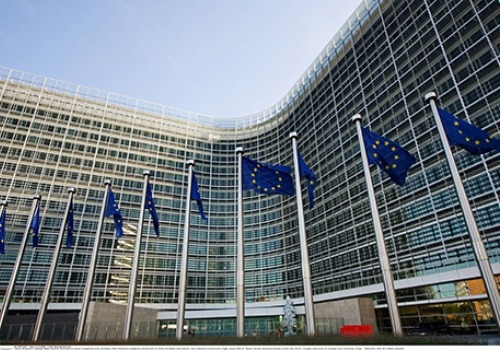The Iranian minister of foreign affairs has reportedly been invited to Brussels for talks about the recent anti-government protests in Iran which claimed 21 lives. The demonstrations erupted in cities all over Iran and targeted the high cost of living in the country and the corruption at the top of the government.
The demonstration followed the publication of the state budget which disclosed increases in prices and the reduction of subsidies, affecting the working class, while huge amounts are transferred to the religious establishment and the funding of Iran’s military interventions in the region.
EU’s foreign policy chief Federica Mogherini issued a statement on 2 January on behalf of the EU where she deplored the “increase of violence and the unacceptable loss of human lives”, falling short of denouncing the Iranian regime for its suppression of the demonstrations.
“Peaceful demonstration and freedom of expression are fundamental rights that apply to every country, and Iran is no exception,” she said.
The Iranian regime including its supreme leader Ayatollah Khameini blamed the demonstrations on foreign powers. The backbone of the regime, the Revolutionary Guards, wrote on its website that “Iran’s revolutionary people along with tens of thousands of Basij forces, police and the Intelligence Ministry have broken down the chain (of unrest).”
Asked by The Brussels Times at a press conference today (8 January) whether EU at the meeting with the Iranian foreign minister would address the issue of democracy in Iran, a spokesperson replied that the meeting would focus on the nuclear deal with Iran. “Our statement on the demonstrations is still valid and there is nothing to add.”
While EU is walking a tightrope not to give the hardliners in Iran a pretext to clamp down on peaceful demonstrations, it also has economic interests to consider.
Mogherini mentioned in a speech in the European Parliament last December that trade between Iran and Europe increased 94 percent in the first half of 2017, compared to the first half of 2016. Oil exports have reached pre-sanctions level, and billions of outstanding oil debts have been paid back.
In a statement just before Tuesday midnight, Mogherini confirmed that she will convene a meeting with Ministers of Foreign Affairs of E3 countries - France, Jean-Yves Le Drian, Germany, Sigmar Gabriel, and the UK Boris Johnson - and Iranian Foreign Minister Jawad Zarif on Thursday 11 January in Brussels. The statement did not mention the demonstrations in Iran.
"The meeting will take place in the context of the ongoing work to ensure a full and continued implementation of the Joint Comprehensive Plan of Action" (nuclear deal with Iran).
M. Apelblat
The Brussels Times

